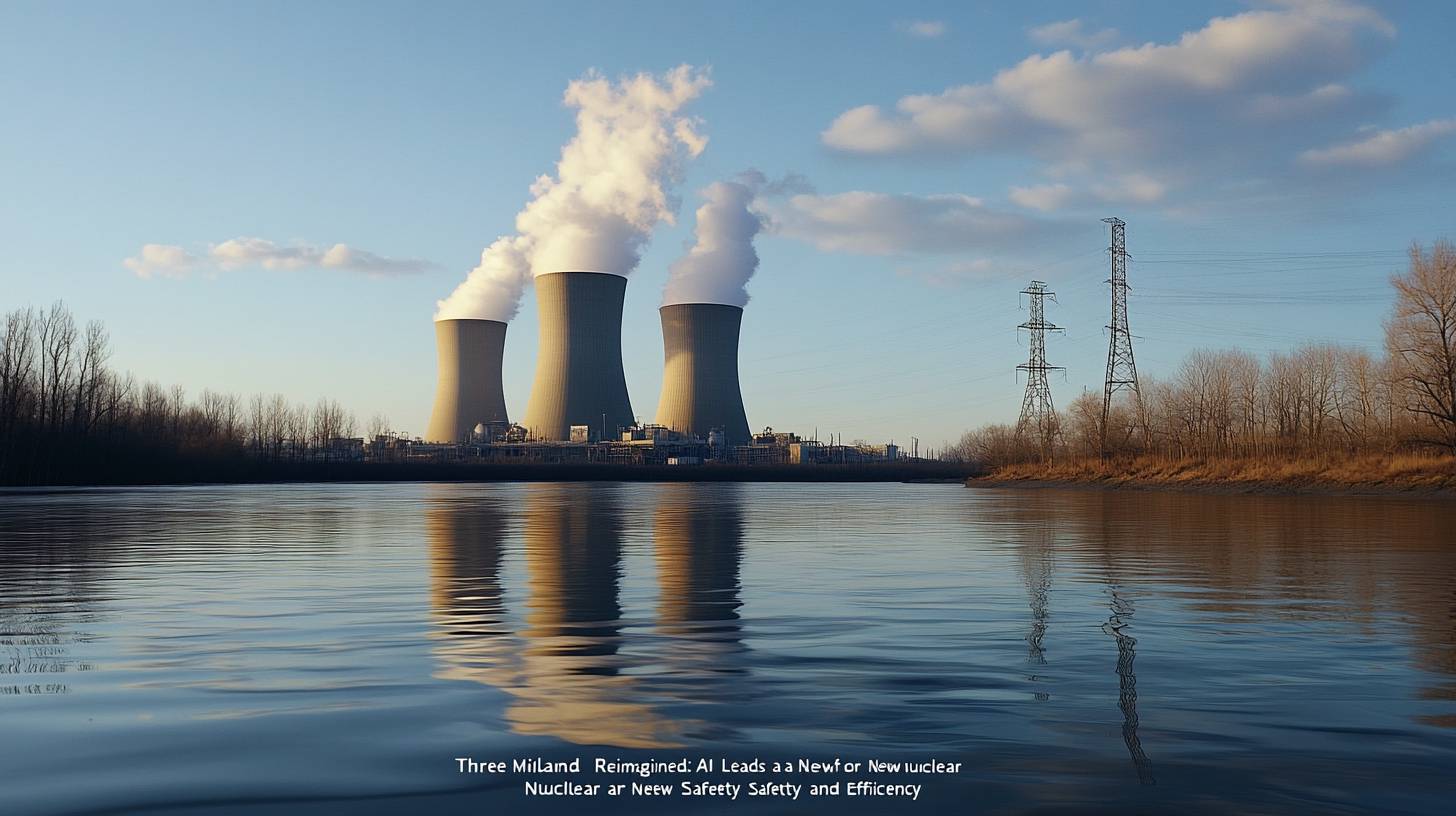
Wall Street insights and technology sector updates
Minor fluctuations on Wall Street concluded the week, following notable increases previously. Investors were focused on Apple with the debut of the iPhone 16 in stores. However, worries emerged as online pre-sales fell short of expectations, possibly indicating a downturn in consumer interest for the tech leader’s newest model.
In reaction, Huawei has unveiled the world’s first trifold smartphone, heightening competition in the global mobile device market. This action could have implications in Australia, where Huawei has faced scrutiny over security issues but maintains a considerable presence in consumer electronics.
Meanwhile, activity in the cryptocurrency arena remains vigorous. Reports indicate that cybercriminals in the crypto space are stealing unprecedented amounts, raising concerns within the digital asset industry. This is especially pertinent for Australian investors, as the nation has experienced a rise in crypto adoption, prompting increased regulatory oversight. On a brighter note, a notable crypto advocate has forecasted that Bitcoin might reach $100,000 by 2030, a prediction that could reignite enthusiasm among Australian cryptocurrency fans.
In the United States, 42 state attorneys general are advocating for social media platforms to include warning labels, pointing to escalating worries about their effects on mental health. This discourse is also gaining momentum in Australia, where officials have been actively considering regulations aimed at alleviating the adverse effects of social media on public health.
Nuclear energy revival for AI facilities
In a pivotal moment for the energy industry, nuclear power is reemerging, fueled by the increasing energy requirements of artificial intelligence (AI) operations. Microsoft has revealed intentions to utilize nuclear power from Pennsylvania’s Three Mile Island to energize its AI data centers, the site notorious for the worst nuclear incident in U.S. history. Though the facility has been decommissioned since 1999, plans are in place to reactivate one of its reactors by 2028, subject to regulatory clearance. The other reactor, which experienced a partial meltdown in 1979, will remain inactive.
This initiative highlights a growing pattern where technology giants are opting for nuclear energy to fulfill the vast, steady energy needs of AI and data facilities. The attractiveness of nuclear power lies in its capacity to deliver dependable, carbon-free energy consistently, unlike renewable sources like wind and solar, which depend on weather patterns and storage constraints. For Australia, this could revive discussions surrounding nuclear energy, a subject that has historically been fraught with environmental and political challenges. Nevertheless, as the country intensifies its focus on lowering carbon emissions and the burgeoning energy needs of its own tech industry, nuclear might emerge as a more plausible alternative in the future.
Joe Dominiguez, the CEO of Constellation Energy, which is overseeing the Three Mile Island project, emphasized nuclear power’s role in bolstering sectors vital for global competitiveness. This viewpoint aligns with Australia’s aspirations to remain competitive within the international tech domain, especially as AI and data-centric industries keep progressing. While Australia has yet to adopt nuclear energy, the promise of job creation and economic advantages, as evidenced in Pennsylvania where the initiative is projected to generate 3,400 jobs and contribute $1.5 billion to the regional economy, could render it an appealing prospect for lawmakers.
Nonetheless, the hurdles associated with nuclear energy cannot be overlooked. Foremost among these is the long-term disposal of nuclear waste, a significant point of contention in Australia’s energy discussions. The secure management of hazardous waste is a pressing concern, with risks of environmental damage if not handled appropriately. Despite these fears, the urgency for carbon-neutral energy solutions may compel Australia to rethink its position on nuclear power, particularly as the country endeavors to reconcile its energy demands with its climate objectives.

